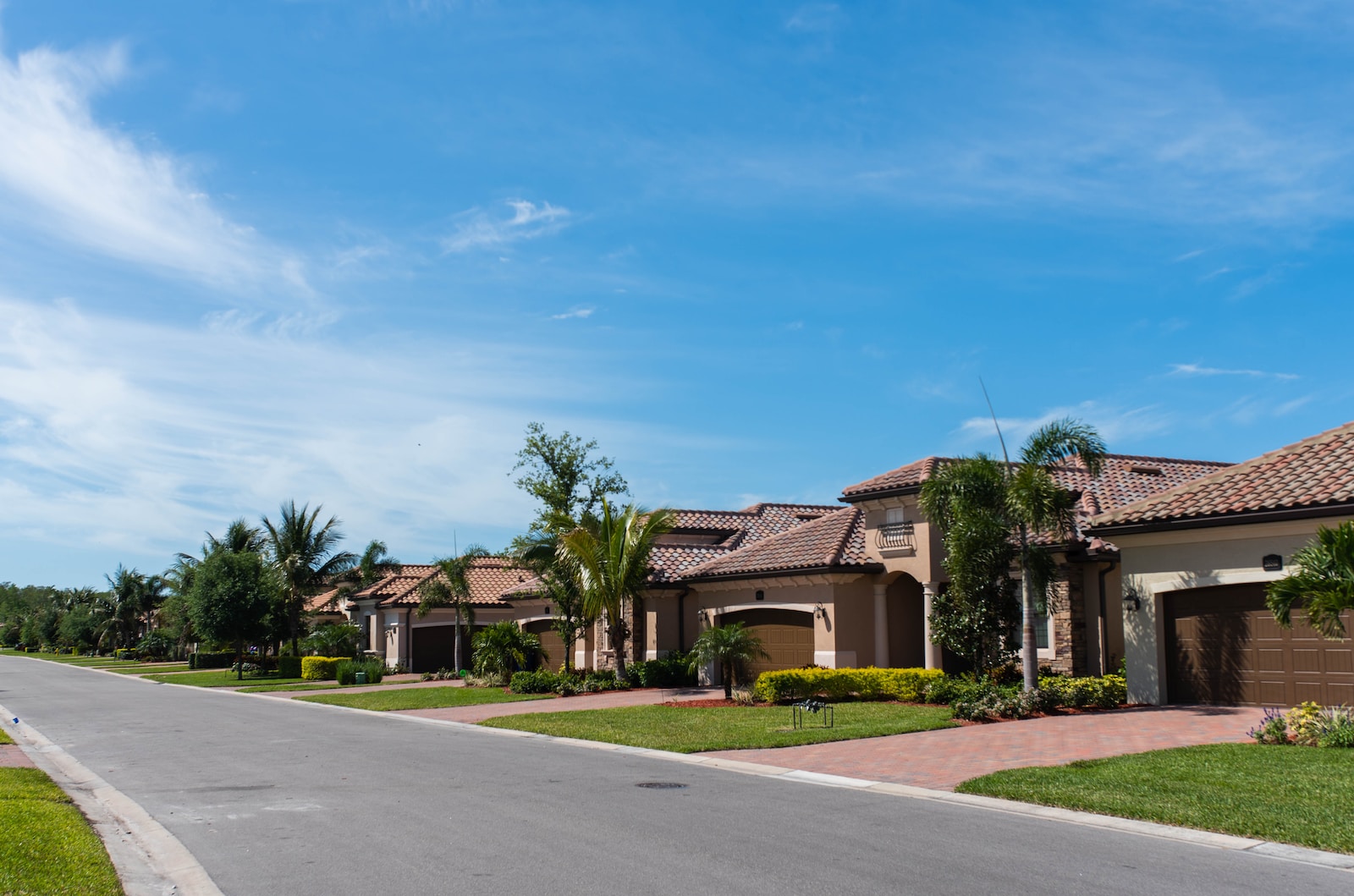Table of Contents
ToggleIntroduction
South Florida is currently experiencing severe gas shortages, causing long lines and frustration among motorists. The gas shortage is a result of various factors, including supply chain disruptions, panic buying, and transportation issues. This article examines the causes, consequences, and potential solutions to the gas shortage in South Florida.
Causes of Gas Shortage
The gas shortage in South Florida is a result of multiple factors, including supply chain disruptions caused by extreme weather events and other natural disasters. Panic buying by consumers has also contributed to the gas shortage, leading to hoarding and empty gas pumps. Additionally, transportation issues, such as a shortage of truck drivers and restrictions on fuel deliveries, have further exacerbated the problem.
Consequences of Gas Shortage
The gas shortage in South Florida has significant consequences beyond long lines and frustration for motorists. The shortage can lead to disruption of essential services, such as emergency response and public transportation. It can also lead to economic consequences, such as increased transportation costs and reduced productivity. The gas shortage can also have impacts on public health, such as increased air pollution and respiratory problems.
Solutions to Gas Shortage
To address the gas shortage in South Florida, various short-term and long-term solutions are necessary. In the short term, measures such as rationing, price controls, and increased fuel deliveries can help alleviate the situation. In the long term, transitioning to cleaner, more sustainable energy sources, such as electric vehicles and renewable energy, can help reduce dependence on fossil fuels and promote energy efficiency. Promoting public transportation and reducing car dependency can also help reduce demand for gasoline.
Conclusion
The gas shortage in South Florida is a complex issue with significant consequences for motorists, the economy, and the environment. Addressing the causes of the gas shortage and promoting sustainable solutions can help mitigate the impact of future supply chain disruptions and reduce dependence on fossil fuels. By working together, we can build a more resilient and sustainable future for all.







